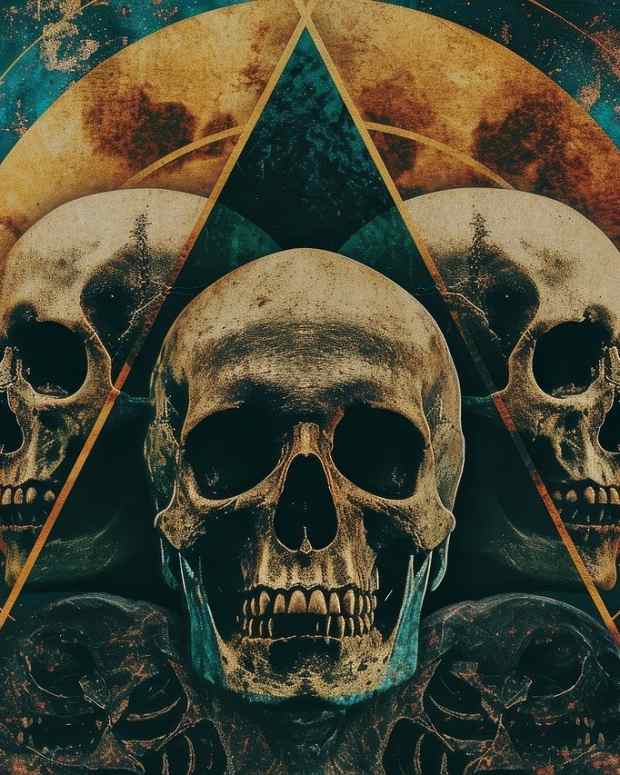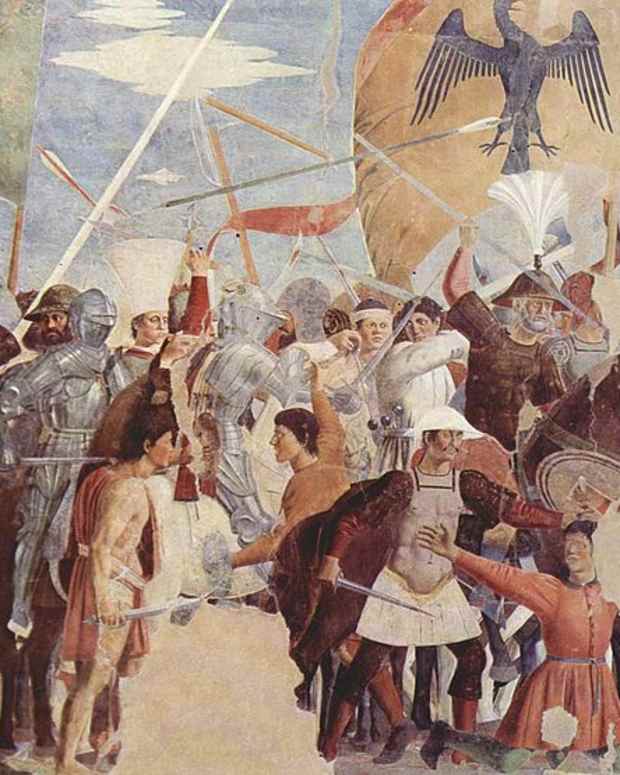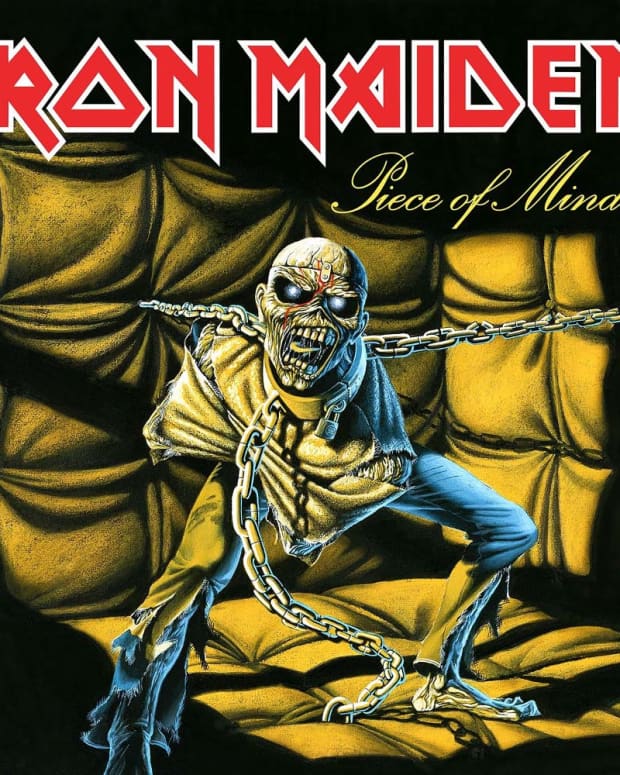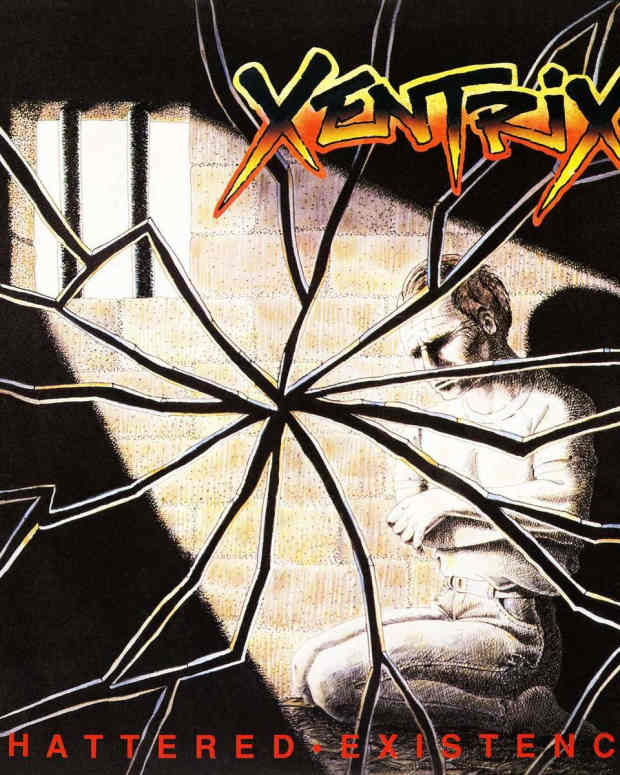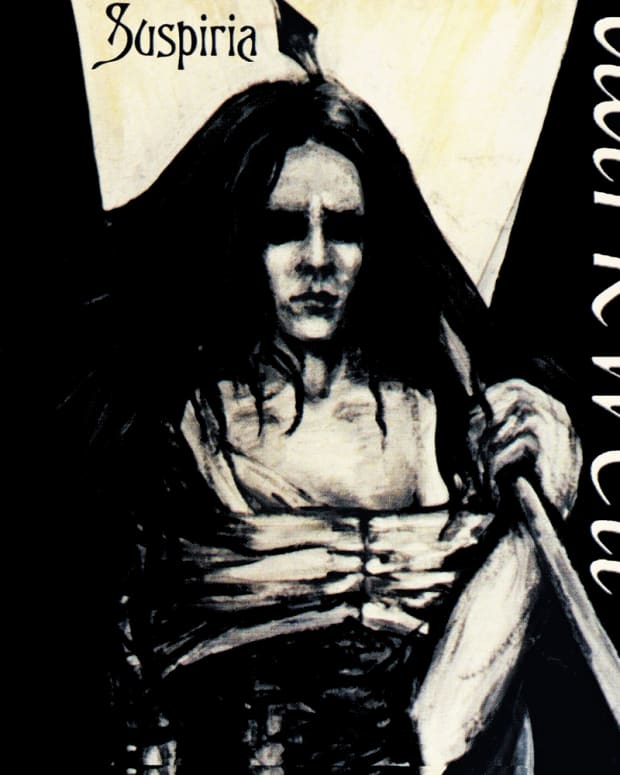The Concept of God Based on Varied Belief Systems
The Isms
The concept of God is complex and deeply philosophical, and it varies significantly depending on cultural, religious, and individual beliefs. Different religions and belief systems have diverse perspectives on who or what God is. This article addresses several faith systems and those of unbelief held by people today.
Monotheistic Religions: In monotheistic religions such as Christianity, Islam, and Judaism, God is seen as the ultimate creator and ruler of the universe, often described as all-powerful, all-knowing, and omnipresent. In these belief systems, there is only one God. Christians believe Jesus is the Son of God and Messiah, while Judaism teaches the Messiah is yet to come. Muslims believe Jesus is one of many prophets sent by God.
Polytheistic Religions: Polytheistic religions, like Hinduism and ancient Greek and Roman religions, believe in multiple gods and goddesses. Each deity may have specific attributes and responsibilities, representing different aspects of life and nature
Pantheism: Some philosophical and spiritual beliefs propose that God is not a separate entity but rather the universe itself. In pantheism, everything that exists is considered to be part of God or divine.
Deism: Deists believe in a distant and impersonal creator, God, who sets the universe into motion but does not intervene in its affairs. Deists often see God as an initiator of natural laws.
Atheism: Atheists do not believe in the existence of any gods or deities.
Agnosticism: Agnostics claim that it is not possible to know for certain whether God exists or not and prefer to suspend judgment on the matter.
Religions that may be misunderstood
People are sometimes called Heathens or Pagans because it is assumed they do not believe in an all-powerful Supreme Being, but it's a bit more complex.
Heathenism, also known as Germanic Neopaganism or Heathenry, is a modern revival of the Germanic peoples' pre-Christian religious beliefs and practices. This includes the ancient Germanic tribes such as the Vikings, Norse, and Anglo-Saxons. Heathens typically draw inspiration from historical sources, such as Norse sagas, Eddas, and other ancient texts.
Heathenism is a polytheistic belief system in which followers venerate a pantheon of gods and goddesses. Some prominent deities in Heathenry include Odin, Thor, Freyja, and Frigg. In Heathenism, Rituals and celebrations often revolve around nature's cycles, and practitioners often honor their gods through blót (sacrifices) and symbols (ritual drinking toasting).
Paganism is an umbrella term that encompasses a diverse range of polytheistic, nature-based, and earth-centered spiritual traditions. Unlike organized religions with centralized structures, Paganism is generally decentralized and may vary significantly from one individual or group to another.
Paganism celebrates the interconnectedness of the natural world and often involves reverence for nature, seasonal changes, and the cycles of life and death. Many Pagans worship various gods and goddesses representing different aspects of life and nature. Some Pagans also incorporate magic, divination, and other esoteric practices into their spiritual beliefs.
As a broad term, Paganism includes Wicca, Druidism, Hellenism, and various other traditions. Each path has its unique practices, mythology, and rituals, but they all share a common respect for nature and the spiritual realm.
Ancestor Worship
Ancestor worship is a religious or spiritual practice in which reverence and respect are given to deceased family members and ancestors. It is prevalent in many cultures worldwide and is rooted in the belief that the spirits of the deceased continue to exist and can influence the lives of the living.
The practice of ancestor worship varies significantly from culture to culture. In some traditions, ancestors are believed to protect and guide the living, and offerings are made to them to seek their blessings. Ancestral spirits may also be consulted for advice, protection, and support during important events or decisions.
Ancestor worship can also significantly influence some Pagan and Heathen practices. Many Pagans and Heathens believe their ancestors continue to have a presence and can be honored for their wisdom and guidance.
Please note that the information provided here offers a general overview, and the beliefs and practices within the traditions listed can vary widely depending on the specific cultural, regional, and individual interpretations. Additionally, the revival of and practice of these belief systems have evolved and changed over time, adapting to modern contexts while drawing from historical roots
This content is accurate and true to the best of the author’s knowledge and is not meant to substitute for formal and individualized advice from a qualified professional.
© 2023 Cheryl E Preston











